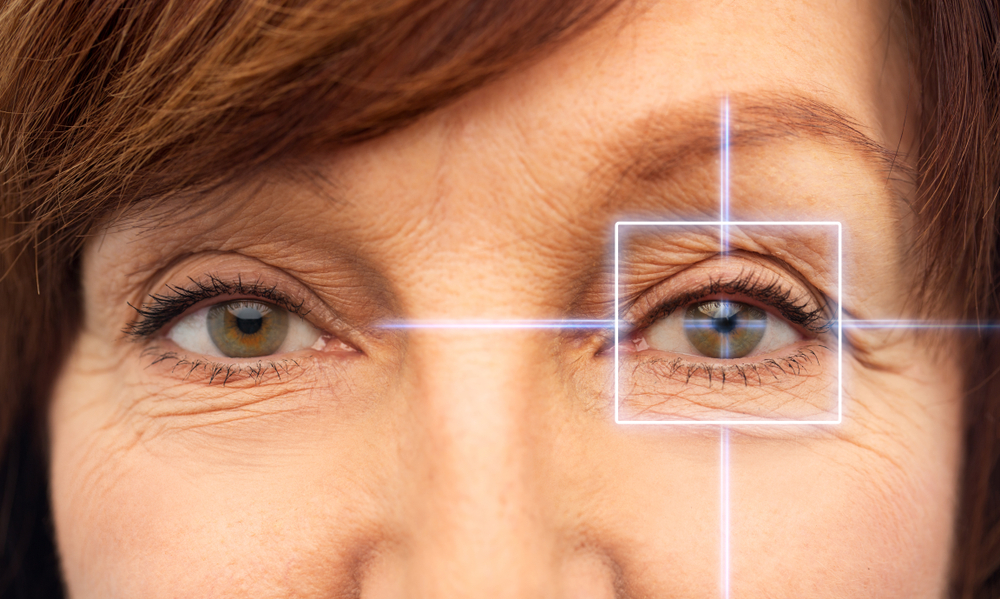
Glaucoma is often called the "silent thief of sight" because it typically develops without noticeable symptoms until vision loss occurs. This group of eye conditions damages the optic nerve, which is crucial for vision, and if left untreated, it can lead to permanent blindness. One of the most important questions many patients ask is whether glaucoma is hereditary. Understanding your risk factors and the importance of regular eye exams is key to preserving your vision.
Is Glaucoma Hereditary?
Glaucoma can run in families. If you have a parent, sibling, or close relative with glaucoma, your risk of developing the condition increases significantly. Primary open-angle glaucoma, the most common form, has a strong hereditary component. In fact, studies show that having a first-degree relative with glaucoma increases your risk by 4 to 9 times compared to someone without a family history.
Genetics can influence the structure and function of the eye, including how fluid drains, the pressure within the eye (intraocular pressure), and the health of the optic nerve—all of which play a role in glaucoma development.
Other Glaucoma Risk Factors
While genetics is a key factor, several other risk factors contribute to the likelihood of developing glaucoma:
- Age: People over 60 are at higher risk
- Ethnicity: African Americans, Hispanics, and Asians face a higher risk for certain types of glaucoma
- Elevated intraocular pressure (IOP): High eye pressure is one of the leading risk factors
- Medical conditions: Conditions like diabetes, high blood pressure, and heart disease can increase your risk
- Eye injuries or surgeries: Trauma to the eye may lead to secondary glaucoma
- Prolonged use of corticosteroids: Especially eye drops or oral steroids
Why Routine Eye Exams Are Essential
Because glaucoma often presents no symptoms in its early stages, the only way to detect it early is through a comprehensive eye exam. During the exam, your optometrist will measure your eye pressure, evaluate the optic nerve, test your peripheral vision, and may perform advanced imaging of the eye.
Early detection is vital because once vision loss occurs from glaucoma, it cannot be restored. However, with early diagnosis and treatment, the progression of the disease can be slowed or even halted, preserving your vision for years to come.
Protect Your Sight at Westchester Eyes
If you have a family history of glaucoma or fall into any high-risk category, don’t wait for symptoms to appear. Schedule your comprehensive eye exam at Westchester Eyes and take the first step toward protecting your sight for the future. Visit our office in White Plains, New York, or call (914) 567-4800 to book an appointment today.








